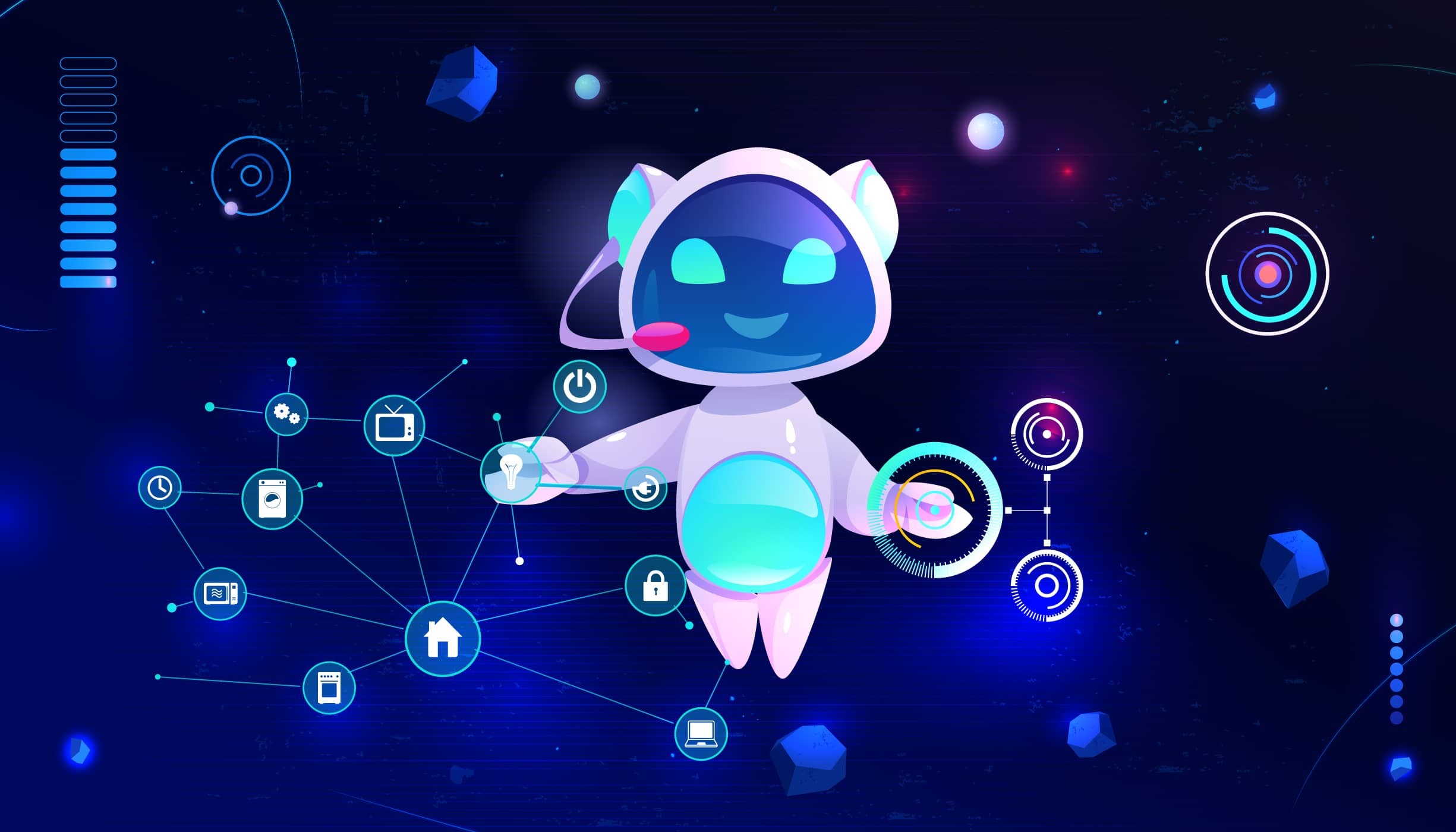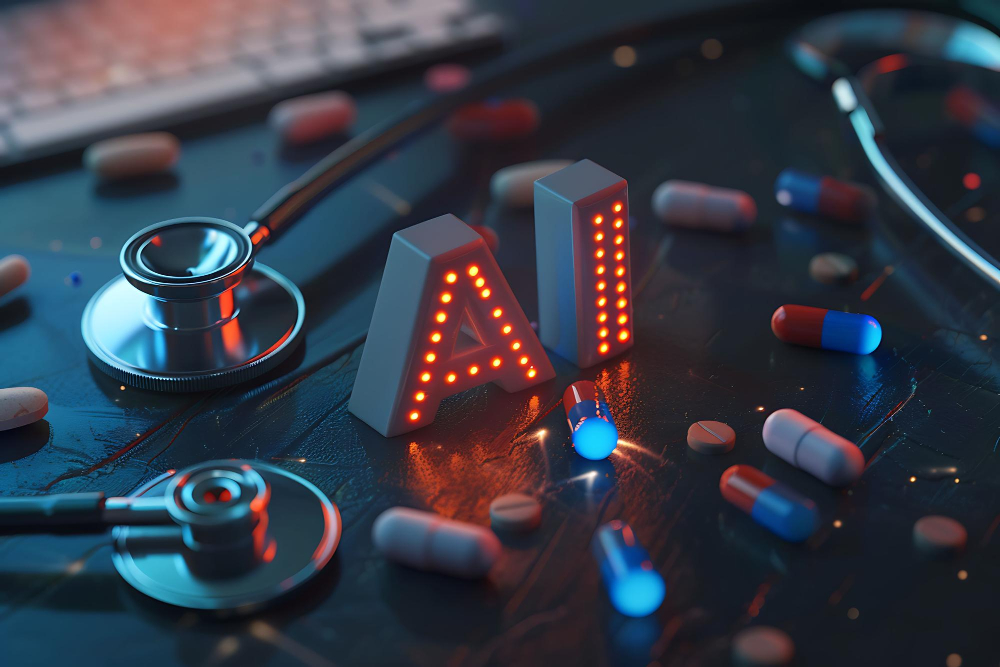- Blog
- November 30, 2021
Pandemic – Implications for Digital Monitoring and Maintenance Operations

- Blog
- November 30, 2021
Pandemic – Implications for Digital Monitoring and Maintenance Operations
Critical infrastructure has never been more important than it is right now. As we experience and work through the global pandemic, there is a critical need for shipyards and warehouses to keep supply chains running. We need data and network centers to keep communication lines open and we need power plants and refineries to keep the whole machine running.
Due to the vital importance of these sites, they have traditionally been staffed by professionals trained to manage operations, security, maintenance, and all other aspects of maintaining an operational facility. Over the years, however, we’ve learned that adding more humans does not necessarily guarantee efficient operation. While humans excel in creative and abstract thoughts, they also bring a certain level of inconsistency and imperfection which can cause issues. For example, in the case of datacenters, more than 70% of all data center outages are caused by human error and not by a fault in the infrastructure design. Furthermore, “mistakes” that led to an outage can often be traced to a poor decision by senior management.
The obvious solution in overcoming human inconsistency and ensuring constant operation of critical facilities is to automate tasks using the power of software. However, this is difficult to do using traditional software techniques that involve requirements documents, coding, bug fixing and version control. Injecting a traditional software development project into an already complex operation needlessly increases risk and is simply not feasible.
A highly feasible and proven solution is to use ‘Digital Workers’. Digital Workers are software entities, powered by artificial intelligence, which can be trained directly by subject matter experts. Digital Workers can execute work in a human-like manner, and do not take breaks, get sick, or execute inconsistently. Security experts can train Digital Workers to recognize authorized personnel and sound alarms for unauthorized events. Operations experts can also train Digital Workers to monitor conditions via the Building Management System and take appropriate action if conditions stray outside of acceptable parameters.
Digital Workers are very beneficial given their 24 x 7 dedicated focus, rule-based/AI-driven correlation to identify true conditions (e.g., physical threat versus high humidity/foggy conditions blocking camera view), and to discern, decide and perform necessary steps or actions without needing any human intervention.
The typical scenarios/use cases involving Digital Workers for monitoring and maintenance include:
| Scenarios | Digital Worker Use cases | Digital Worker Tasks |
| Datacenters / Manufacturing Plants / Commercial Buildings / Warehouses / Shipyards /Government Offices & Secure sites | ||
| Electrical equipment in Captive Power Generation Plants | ||
| Electrical equipment monitoring (PDU, HVAC, CARC Units, Generators) | Equipment monitoring |
|
| Equipment maintenance validation | Maintenance validation / verification |
|
| Manufacturing equipment | ||
| Production monitoring | Production batch monitoring |
|
| Production equipment monitoring | Equipment monitoring |
|
| Equipment maintenance validation | Maintenance validation / verification |
|
| Building / Site Physical Security | ||
| Site security and alerting | Sleeping guard |
|
| External Threat detection | ||
| Facial Recognition |
|
|
| Entry / Exit door monitoring |
|
|
| Monitoring No-human zones |
|
|
| Monitoring No-take zones |
|
|
| Vehicle movement / number plate recognition |
|
|
If you’re interested in learning how you can automate human tasks to help streamline workflows and increase productivity, let us advise and guide you through your automation journey. Email: info@msrcosmos.com or call +1 925 399 4218.




